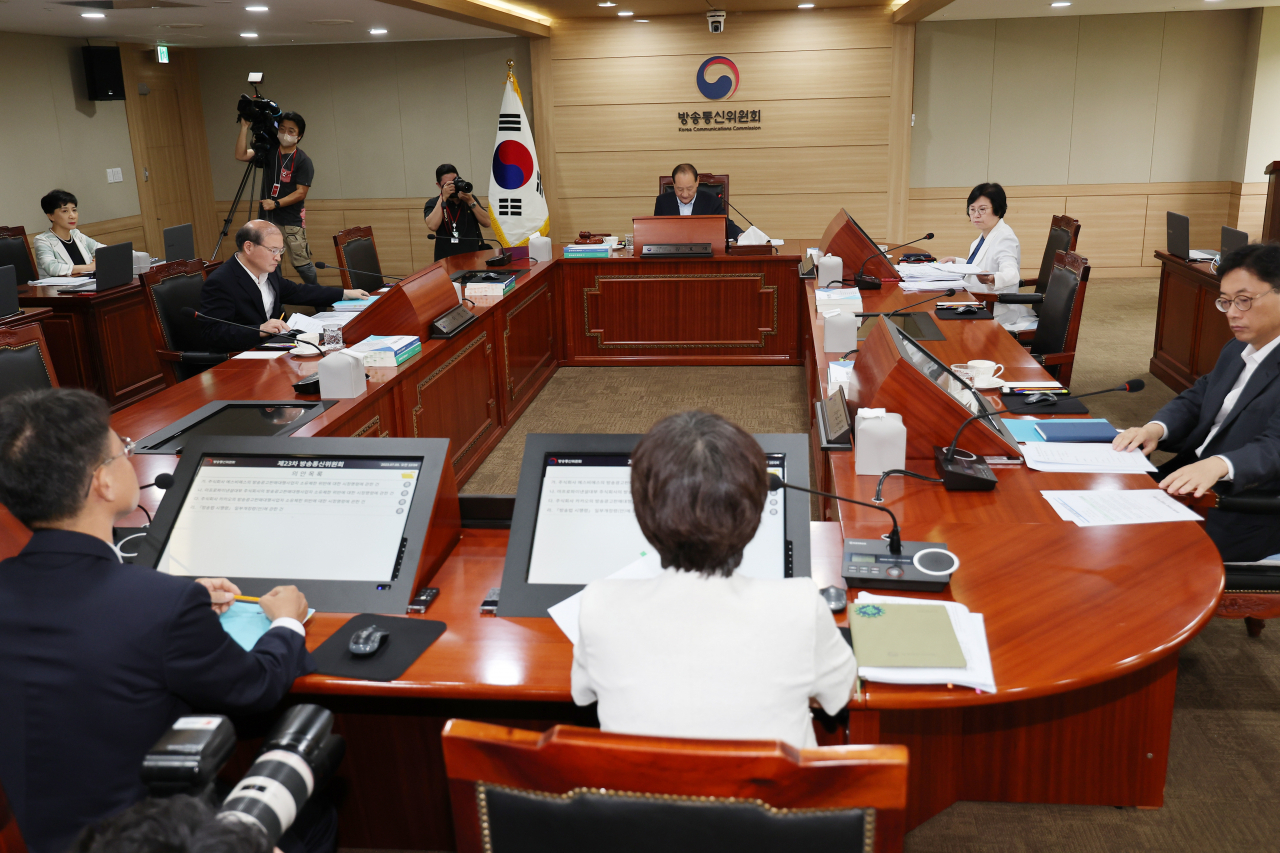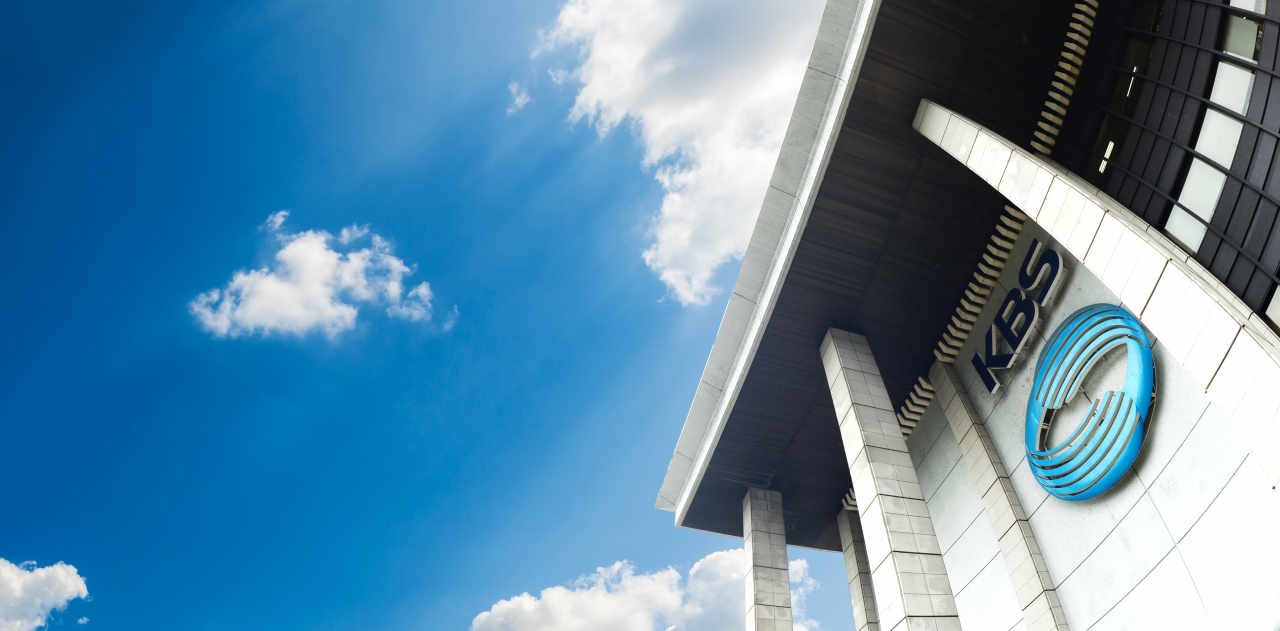KCC decides to remove KBS, EBS fees from electricity bills
Public broadcasters KBS, EBS criticize government move as one-sided
By Lee Si-jinPublished : July 5, 2023 - 18:06

The Korea Communications Commission, the state broadcasting watchdog, cleared the way for the license fees for public broadcasters KBS and EBS to be removed from household electricity bills.
The change, which does not require Assembly approval, is expected to be confirmed in mid-July after it is passed by the vice ministers, the Cabinet and then approved by the president.
But the KCC expects it will take more time to put the change into effect as KBS and the state-run company Korea Electric Power Corp. need to discuss how the television license fees will be collected after their removal from utility bills.
In South Korea, public broadcaster KBS has charged a monthly fee of 2,500 won ($1.92) -- from which the public educational TV channel EBS takes 70 won -- on households' electricity bills since 1995.
The license fee has been collected by KEPCO to ensure that all households pay the fee.
In early June, the presidential office recommended collecting the license fees for KBS and EBS separately from the electricity bill, claiming that the role and values of the public broadcasters fell short of public expectations.
The presidential office held a period of public debate March 9 to April 9, on how to collect television license fees, in which 97 percent of the 58,251 participants agreed on the need to improve the current collection method.
They said that the the license fee should either be abolished or collected separately from the household electricity bill.
The broadcasters worry that, if the current system is abolished, it will be difficult to collect the fees, which in turn will have a serious impact on their revenues. KBS says almost 45 percent of its income comes from the fees.

KBS released an official statement Wednesday, denouncing the KCC's decision.
“The KCC reduced the required public notice period from a minimum of 40 days to only 10 days, without providing sufficient justification. The revision process did not give any detailed information on the regulatory examination, discussions with the minister of government legislation or an impact assessment,” KBS said, questioning why the revision was made in such haste.
KBS added that the commission ignored the broadcaster’s request to be able to give its opinion.
The broadcaster said it recognized the public’s criticisms of the content it produces, and vowed to put its utmost effort into meeting viewers’ expectations.
While agreeing that a constructive discussion on the public broadcaster system is required, the broadcaster said the process needs more time to minimize any side effects.
“We ask the government to listen to the growing concerns expressed by experts and local civil society and give enough time to come up with measures to tackle the fundamental problem,” KBS said in an official statement on Wednesday.
As spending on private education hit a record in 2022, the role of a public educational broadcaster needs to be stronger than ever, according to EBS.
“EBS has been the key to closing the learning gap, creating lifelong education and easing spending on private education. Amid growing educational and social demands by viewers, public support is declining amid the current situation. The license fee is a crucial revenue source and we need realistic, concrete measures on the separate billing issue,” EBS said in an earlier statement issued June 19.



















![[Today’s K-pop] Treasure to publish magazine for debut anniversary](http://res.heraldm.com/phpwas/restmb_idxmake.php?idx=642&simg=/content/image/2024/07/26/20240726050551_0.jpg&u=)